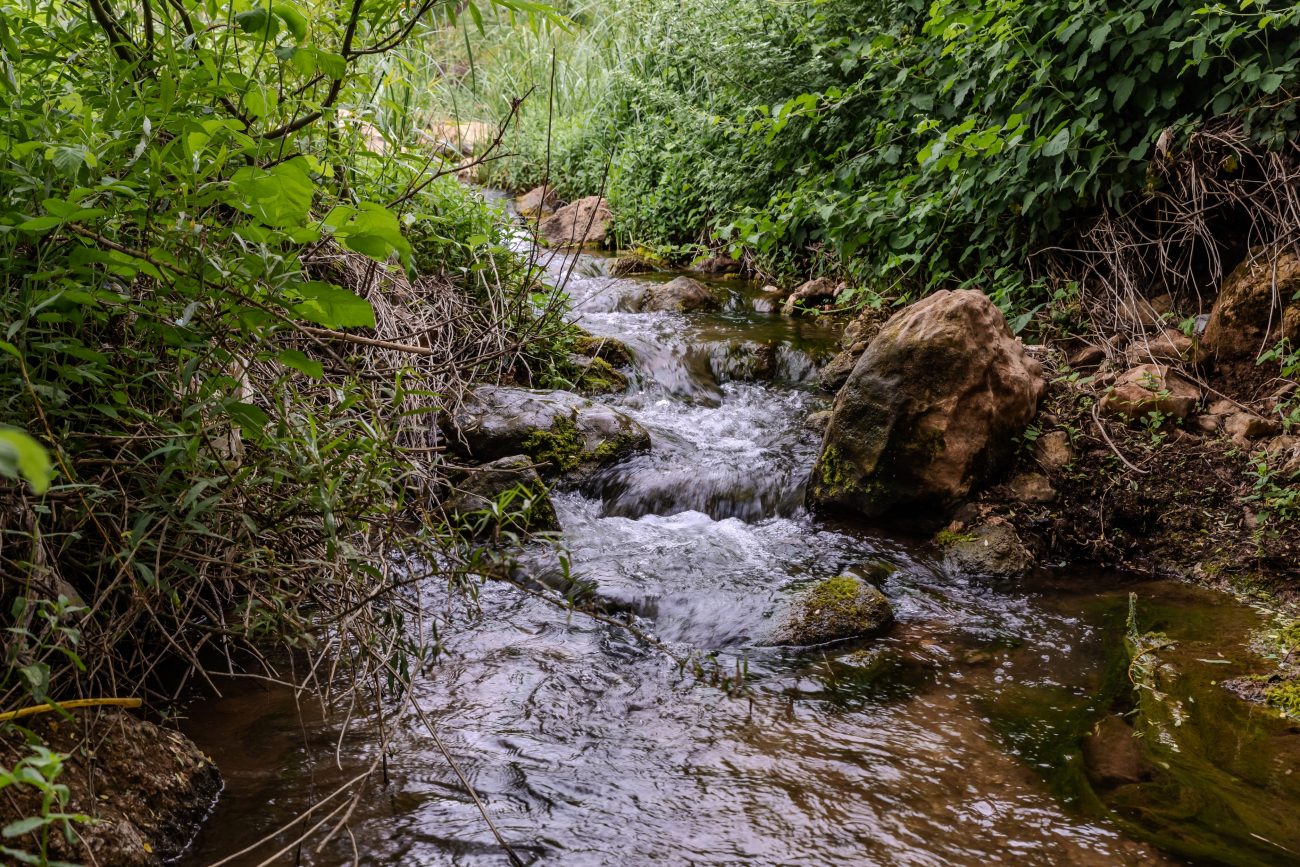Boundary disputes: Squatters’ rights trump ownership on paper says Court of Appeal
The legal outcome of a row between neighbours over ownership of a stream running between their gardens clarifies how important the rights of adverse possession – or ‘squatters’ rights’ – remain in boundary disputes.
With costs exceeding £300,000, including the original trial and two appeals, the case is of ‘great significance’ when it comes to deciding who owns what when there is an undetermined boundary in question
In addition, the whole sorry saga could have been avoided if the house purchaser had simply talked to her new neighbours before buying the £265,000 property, the Court of Appeal has ruled.
- This sad but all too common tale of warring neighbours shows why contacting a specialist disputes solicitor like Wards at the earliest opportunity, can save you stress and money by resolving things before they escalate and end up in the courtroom.
What is the background to this boundary dispute?
Dee Narga said she bought her property, known as Brook Barn, in 2020 under the assumption that the nearby stream was within the boundary of her garden.
She proceeded to remove an existing fence and build a new one, cutting off access to the stream for two sets of neighbours.
This sparked ‘heated discussions’ with David and Laura Wright and Amanda and Tony Clapham who said they had treated the stream and its banks as part of their gardens ‘for decades’ having lived in their properties since 1984 and 1996 respectively.
In effect, they claimed, they had obtained title to the land by ‘squatters’ rights’ because they had used it for so long.
However, ruled the first judge to hear the case, because the two couples had never registered these squatters’ rights and because the disputed land wasn’t visibly part of their gardens when Ms Narga bought Brook Barn, the purchase re-set the boundary in Ms Narga’s favour.
Mr and Mrs Wright and Mr and Mrs Clapham appealed this judgement and when the first appeal upheld the original decision, the case went to the Court of Appeal.
What did the Court of Appeal say about this boundary dispute?
The three judges ruled in favour of the Wrights and the Claphams confirming that their ‘peaceful’ adverse possession of the stream and the land on its banks carried more weight than Ms Narga’s ‘mere paper title’ to ownership.
Lord Justice Peter Jackson also said more could have been done to avoid this expensive dispute.
“The combined legal costs of the trial and two appeals arising from this unfortunate boundary dispute now exceed £300,000,” he said.
“How did the dispute come about? Ms Narga could have consulted the neighbouring landowners before, rather than after, purchasing Brook Barn. Had she done so, the boundary dispute may not have arisen, and much trouble and expense might have been avoided.”
What are the legal implications of this boundary dispute?
Ms Narga had successfully argued, in the initial court case and first appeal, that under the Land Registration Act 2002, her purchase of Brook Farm ‘re-set’ the boundary.
She said the Land Registry title clearly showed the boundary ran to the south of the stream and through her neighbours’ gardens which meant the land was hers.
This effectively removed her neighbours’ rights to the land even though they had satisfied the legal requirement of adverse possession, or squatters rights, before 2003 when Brook Barn was first registered.
Ms Narga said she had viewed the property several times before buying it and had satisfied herself, because the stream and its banks were not ‘obviously’ maintained and used by anyone else, that they were included with her property.
Court of Appeal judge Lord Justice Nugee did not agree: “The effect of 12 years adverse possession was to redraw the boundary between adjoining properties so that it reflected the position on the ground rather than the position as it was when the land was first conveyed out of common ownership….”
He added: “The practical effect was to favour the claims of those who had long been in peaceful possession of land over those who had, or arguably had, a mere paper title.”
What is adverse possession?
It is a legal principle allowing someone to gain ownership of someone’s land by openly using it without permission for a set period, usually ten to 12 years.
It can lead to a transfer of ownership if certain conditions are met and the original owner doesn’t challenge the claim.
In Ms Narga’s case, the Court of Appeal makes clear that Mr and Mrs Wright and Mr and Mrs Clapham were right all along and that the previous judges should not have rejected their arguments.
This highlights the fact that adverse possession continues to play a significant role in the law of boundaries despite the ‘general boundaries rule’ introduced under the Land Registration Act 2002 and incorrectly relied on by Ms Narga and her legal advisors.
Get in touch
Wards Solicitors wins high praise in the 2025 edition of the independent Legal 500 guide of outstanding legal professionals for its exceptional professional service standards and high levels of technical expertise.
For specialist help and advice about neighbour, boundary and building disputes, please contact James Murray who is highly experienced in this area of the law and has dealt with a wide range of issues including the position and use of boundaries, damage caused by tree roots, infringing rights of way and rights of light, trespass and harassment.
- Email James: Murray@wards.uk.com
- Phone James: 0117 929 2811


